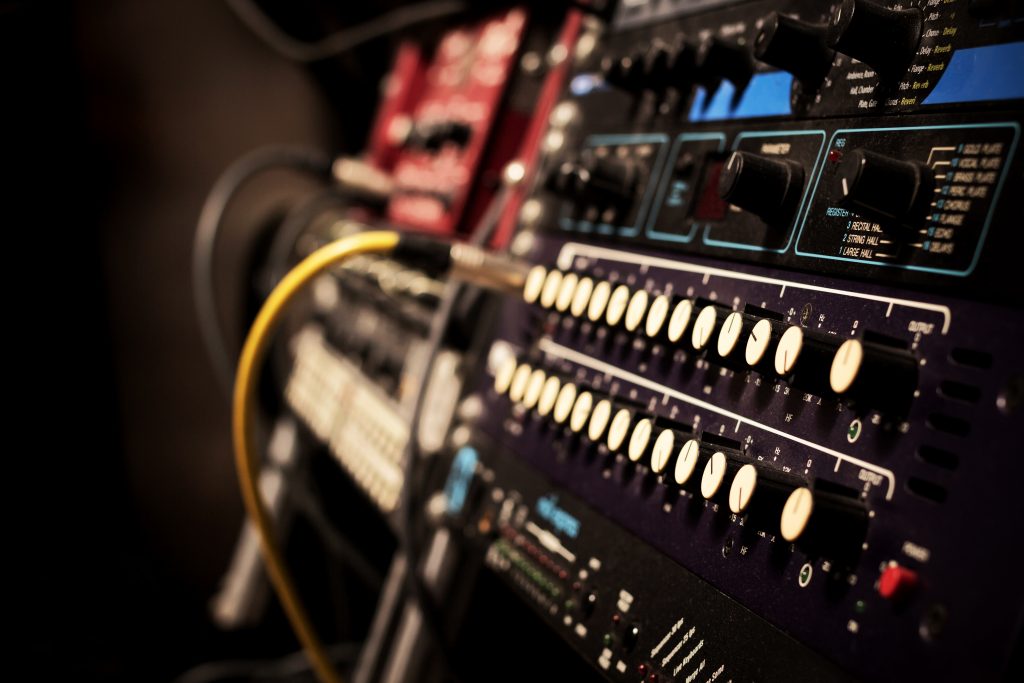 The U.S. recording industry’s lobbying efforts to secure royalty payments from radio airplay reached progress, as more lawmakers extended their support for a proposed bill.
The U.S. recording industry’s lobbying efforts to secure royalty payments from radio airplay reached progress, as more lawmakers extended their support for a proposed bill.
The Fair Play, Fair Pay Act or H.R. 1836 moved one step closer to reality after 15 bipartisan sponsors endorsed the bill. As a result, the bill has gained the approval of 21 lawmakers since it was introduced on March 30.
The legislation represents a fraction of the recording industry’s initiatives in addressing several legal and economic concerns regarding the works of the artists.
Rate Concerns
Recording artists, as well as labels among other industry stakeholders, closely monitor how the new administration will tackle copyright issues. Daryl Friedman, Recording Academy’s chief industry, government, and member relations department officer, expects a forthcoming change on the longstanding royalty exemptions for radio stations.
H.R. 1836 includes a provision that calls for the court’s determination of a justifiable payment rate. After all, songwriters can only collect up to 5% of payments from radio networks per year, based on a complex royalty accounting formula usually used for book authors.
Overcoming Challenges
Like any other proposal, the recording industry faces staunch opposition to the bill. The National Association of Broadcasters (NAB), for instance, has successfully defeated any measure in the past that calls for radio stations to pay royalties for airplay.
NAB spokesman Dennis Wharton cited the Local Radio Freedom Act as one important factor that radio stations do not have to pay for royalties. While H.R. 1836 already has the support of 21 representatives, Wharton said that their counter proposal secured 217 supporters from the Congress.
At this point, it remains uncertain which proposal would have a higher probability of becoming enacted into law since both parties have solid arguments.
As the recording industry grapples with copyright concerns, strategies for royalty accounting and payments would also need to adapt in case the legislation turns into law. After all, despite the seemingly uphill climb to realize the proposal, there’s still a chance that this bill will be enacted into law.
